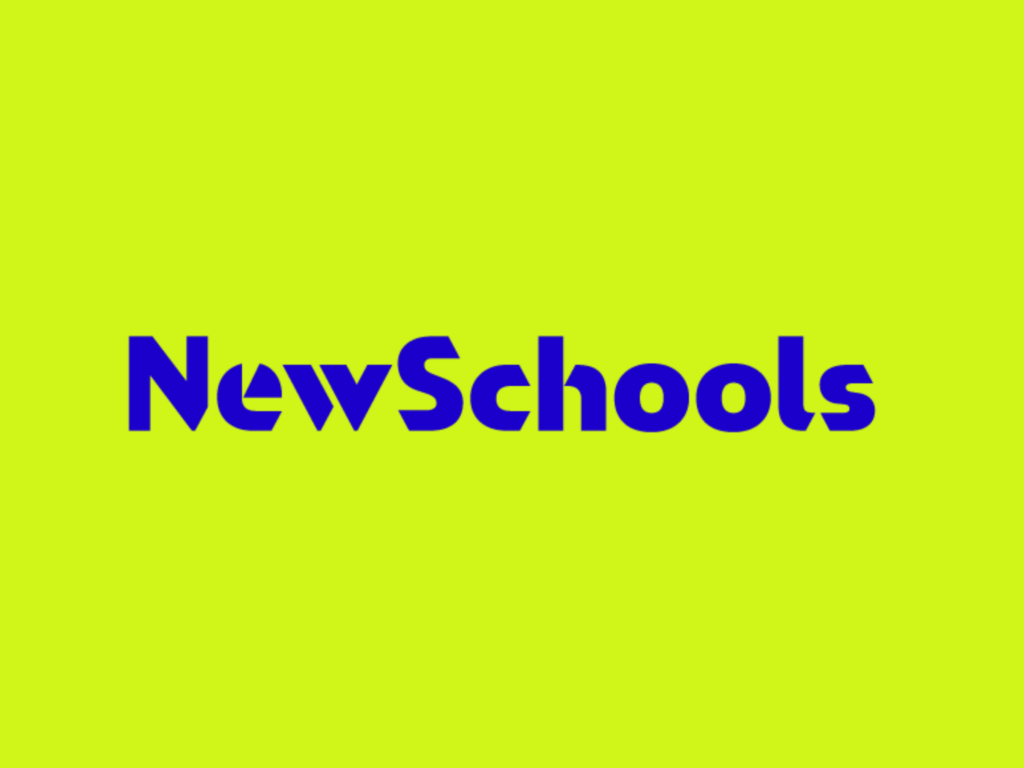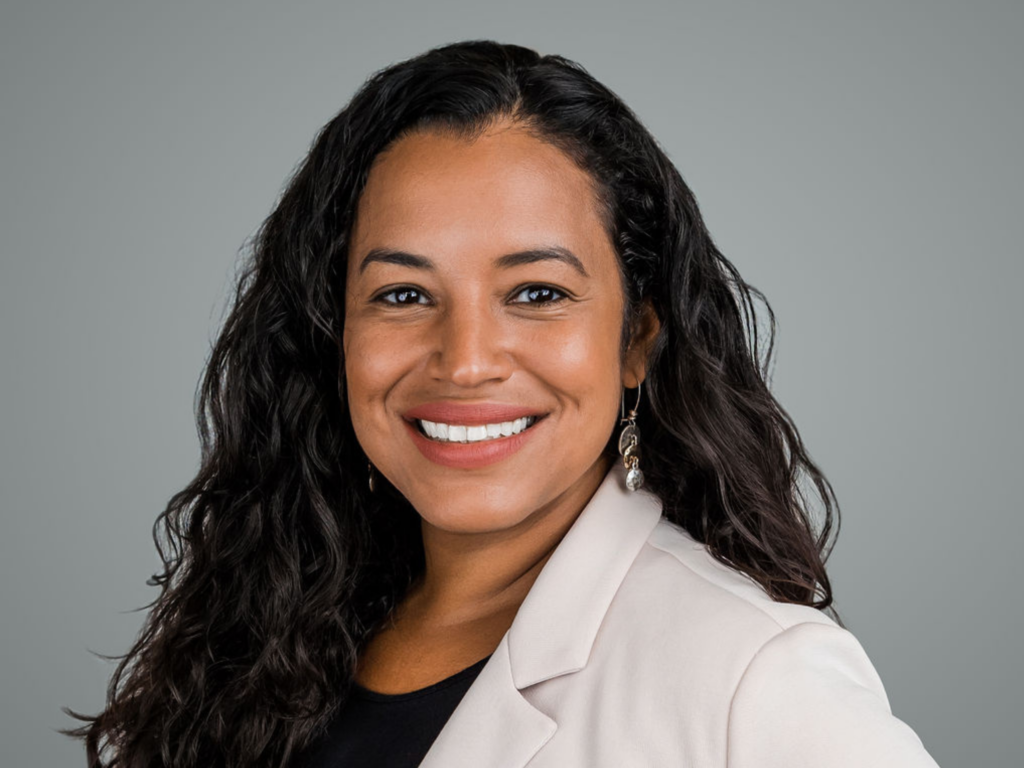Nancy Gutierrez grew up in a place more famous for a high crime rate than for high-performing public schools.
But the native of East San Jose, Calif., never hesitated about going back to her neighborhood as an educator. After college, she worked there as a teacher and as the founding principal of a new middle school, before beginning the turnaround process at a struggling middle school. Then she went back to school.
In an interview three years ago, Gutierrez told a reporter that “strong leaders” were essential to school improvement.
This month she joins 20 other women and men as the first graduates of an interdisciplinary Harvard program designed to create a corps of leaders committed to transforming the nation’s public school system.
Harvard, said Gutierrez, took her “from being a good leader to a highly skilled, thoughtful, and reflective leader.”
The graduates of the Harvard Graduate School of Education (HGSE) doctor of education leadership (Ed.L.D.) degree program leave campus headed for a range of jobs in the education sector. Many of them will continue to work with the organizations where they recently completed 10-month residencies as part of the program, a partnership among HGSE, the Harvard Business School (HBS), and the Harvard Kennedy School (HKS).
HGSE Dean Kathleen McCartney called the Ed.L.D. degree “a disruption in higher education” that brings outstanding, experienced candidates to Harvard, teaches them to be transformational, and sends them off with “a disposition to act.”
The first graduates are going on to senior positions in first-class organizations, including Khan Academy, NewSchools Venture Fund, KIPP, the Boston Public Schools, and the Iowa Department of Education. The Ed.L.D. alumni will improve student opportunity, achievement, and success, McCartney added, because, “As they are fond of saying: Failure is not an option.”
The students in the program follow a core curriculum during their first year, take courses from across the University in their second year, and complete a residency with one of several partnering organizations in their final year.
During her residency, Gutierrez worked for the New York City Department of Education, supporting and developing its leadership pipeline. She will return to the department after graduation as executive director of advanced leadership strategy.
She praised the Harvard program’s cohort model, which groups successful, mid-career education leaders with diverse backgrounds together to challenge, listen to, and learn from one another, with helping her develop a keen sense of self-awareness and skills critical to success in the field.
“To learn and grow as a group, as one unit, is one of the most critical parts of the program, because it mirrors the complexity and reality of teamwork and of organizational learning,” said Gutierrez.
Elizabeth City, the program’s director, called the cohort design “a real source of learning and strength” for the students. “This network they have developed will also be a huge asset and resource for the alumni as they go out into the field.”
Another strength of the program is its interdisciplinary nature. The first-year curriculum designed and taught by faculty from HGSE, HKS, and HBS incorporates training in education, management, and leadership, as well as politics and policy. Graduating students even get to flex their design muscles, working on a project with the Harvard Graduate School of Design to envision schools of the future.
“As an aspiring superintendent,” said Gutierrez, “I need skills beyond those available at an education school to face the challenge head-on.”
Like any ambitious start-up, there have been regular tweaks and adjustments to the program. Feedback from the first cohort has helped to fine-tune the curriculum for future students. Their input led to the introduction of more field-based work, the addition of “live cases,” and new courses about how to process evidence better, as well as how to improve as negotiators.
Results from a recent evaluation indicated that students applied lessons from the program during their residencies, and that the residencies were “rich learning opportunities.” But the data also revealed a need for improvement. It was easy for the residency to feel more like a job than a learning experience; students and their residency partners wanted more shared expectations, and to be more connected with the program during the residency.
“We tell students we try to be the kind of organization we want them to lead,” said City, “and that means requesting their input to help make this program better.”
The Ed.L.D. work is also starting to gain traction with other organizations. Katiusca Moreno introduced Marshall Ganz’s public narrative technique, a concept she took from the program, to Teach for America during her recent residency. The nonprofit is in talks with Ganz, a senior lecturer in public policy at HKS, about developing a summer seminar on the topic for its senior leadership team.
“It’s a great example of what we hope will happen in the program,” said City. “Our students learn from the organizations, and they can help the organizations improve their practice.”
“I feel really proud of students and the faculty and staff for all pulling off this great adventure together,” said City. “At the same time, I feel a lot of urgency about continuing to improve the program, because we are trying to make sure that every child in America gets the kind of education they deserve, and we all operate from a moral obligation to deliver.”
Harvard’s Ed.L.D. was the perfect fit for Teach for America alumnus Ryan Wise.
“I was committed to making a difference in education,” he said, “but I wanted to deepen that work beyond the classroom.”
During his residency, Wise helped develop a proposal for a statewide teacher leadership system at the Iowa Department of Education, and he will stay on with the department to build on that work.
For Wise, his cohort’s diversity and the chance to design his own curriculum through electives in the second year were key parts of the program, as was his residency.
“It was a ton of work, but it was also an incredible opportunity to combine my academic experience with amazing work.”
Susan Cheng came to the program eager for a wider perspective.
“I wanted a broader, cross-cutting view of education, to see how the different players in the ecosystem worked together, or didn’t, and to better understand my role in the sector,” said Cheng, who worked for the District of Columbia Public Schools and in government before arriving in Cambridge.
The program offered her fresh insight on how people with different backgrounds approach a range of topics, communities. “That self-awareness and ability to reflect within the group context … that’s one of the jewels of this program,” she said.
Cheng put what she learned at Harvard into practice during her residency with NewSchools Venture Fund, a nonprofit venture philanthropy firm that backs early stage educational entrepreneurs. While there, she worked to launch design teams of teacher preparation leaders, including representatives from higher education, alternative certification providers, researchers, funders, and K-12 charter and district administrators, to transform how first-time teachers are trained.
“It was a concrete way for me to really practice what I studied in school and apply research in real time to the field. I learned ways to begin to innovate in teacher preparation through these cross-collaborations and design teams,” said Cheng, who will remain with the organization as an associate partner.

